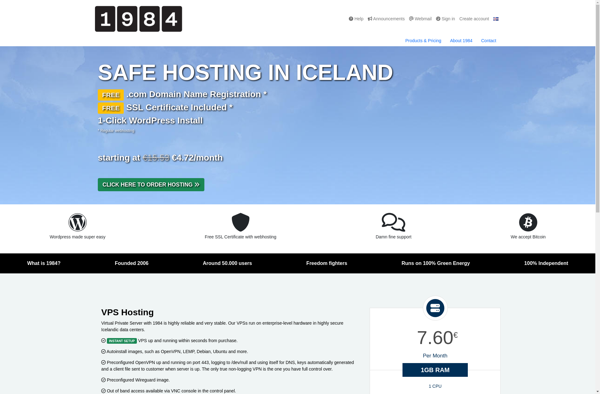CloudStack

CloudStack: Open Source Cloud Computing Software
Open source cloud computing software for deploying and managing large networks of virtual machines, with a web interface and APIs for compute, networking, and storage resources.
What is CloudStack?
CloudStack is an open source cloud computing software platform that is used to create, manage, and deploy infrastructure cloud services. It allows organizations to build full-featured public or private clouds, capable of elastic scaling to handle changing workloads.
Some key capabilities and features of CloudStack include:
- Supports multiple hypervisors like KVM, VMware, and XenServer
- Provides interfaces to manage compute, storage, networking resources
- Includes graphical user interface and REST APIs
- Implements role-based access control and LDAP integration
- Supports multi-tenancy and creation of multiple isolated environments
- Enables automation through orchestration capabilities
- Offers virtual machine snapshots, templates, and ISO images
- Implements high availability of resources and redundancy
CloudStack is used by organizations and service providers to offer infrastructure-as-a-service environments for running a variety of workloads. It handles the automation and management processes involved with pool management, resource provisioning, elastic scaling, user access control, metering etc behind the scenes.
CloudStack Features
Features
- Hypervisor agnostic - supports XenServer, KVM, VMware vSphere and Hyper-V
- Multi-node management
- Network as a Service - software defined networking
- Block storage and object storage services
- Load balancing and firewall services
- Graphical user interface and API access
- Role based access control
- High availability infrastructure
Pricing
- Open Source
- Custom Pricing
Pros
Cons
Official Links
Reviews & Ratings
Login to ReviewThe Best CloudStack Alternatives
Top Network & Admin and Cloud Computing and other similar apps like CloudStack
Here are some alternatives to CloudStack:
Suggest an alternative ❐Microsoft Azure

OpenStack

Amazon Elastic Compute Cloud
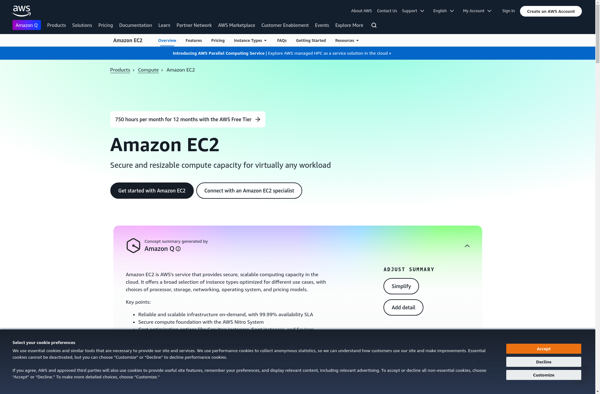
OpenShift

Exoscale

Vmango

MicroCloud

Google App Engine

Google Compute Engine

Eucalyptus
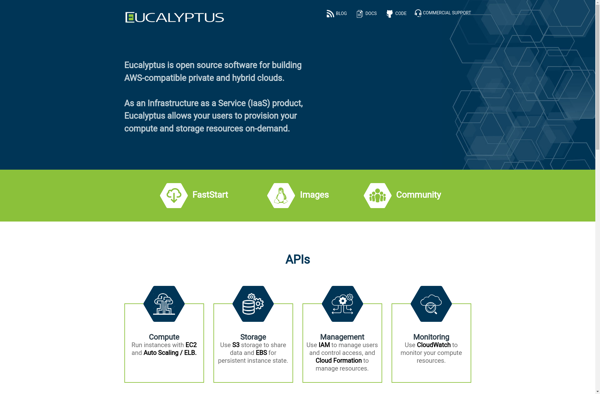
OpenNebula
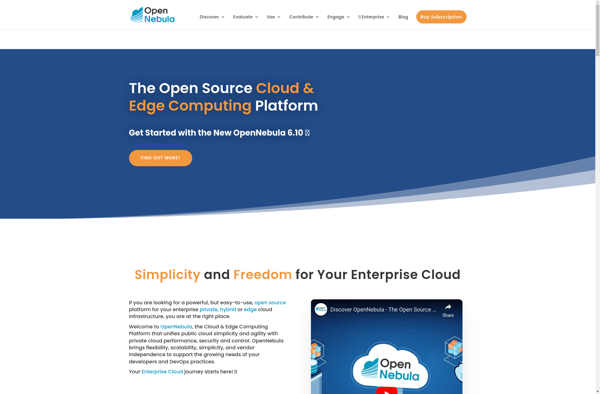
CoreCluster
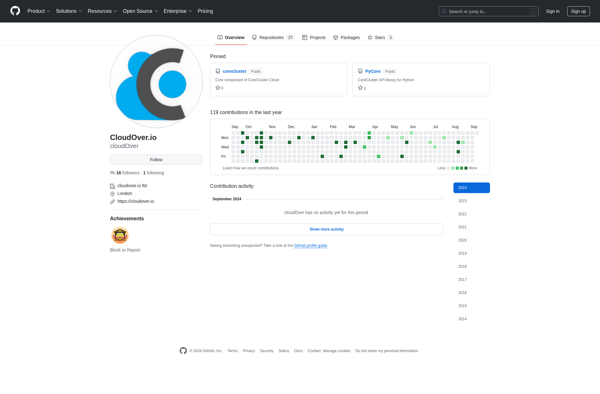
Rackspace

Fleio
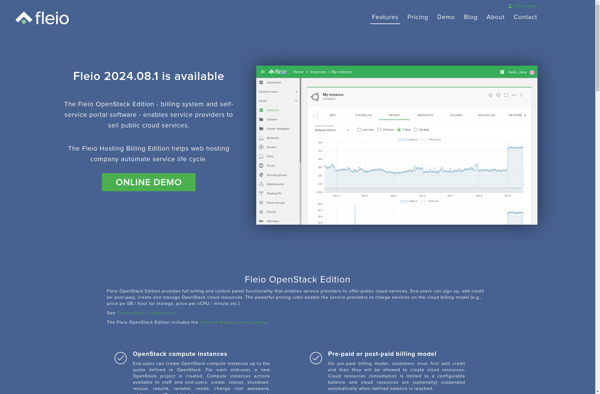
CloudVPS
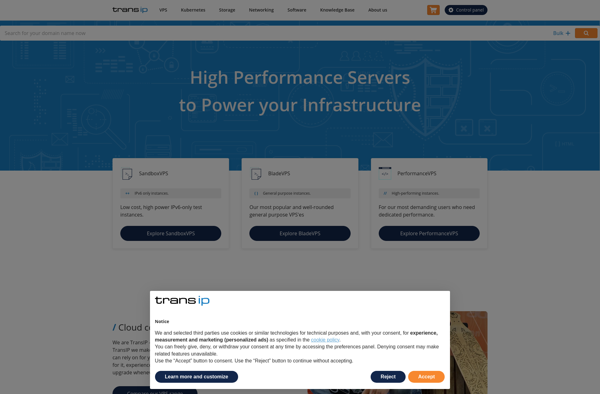
Virtkick
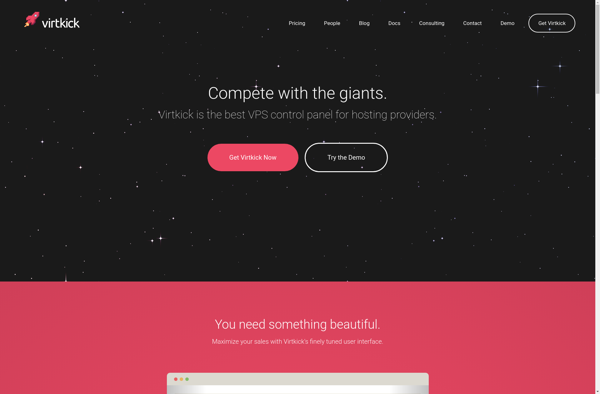
1984 Hosting
